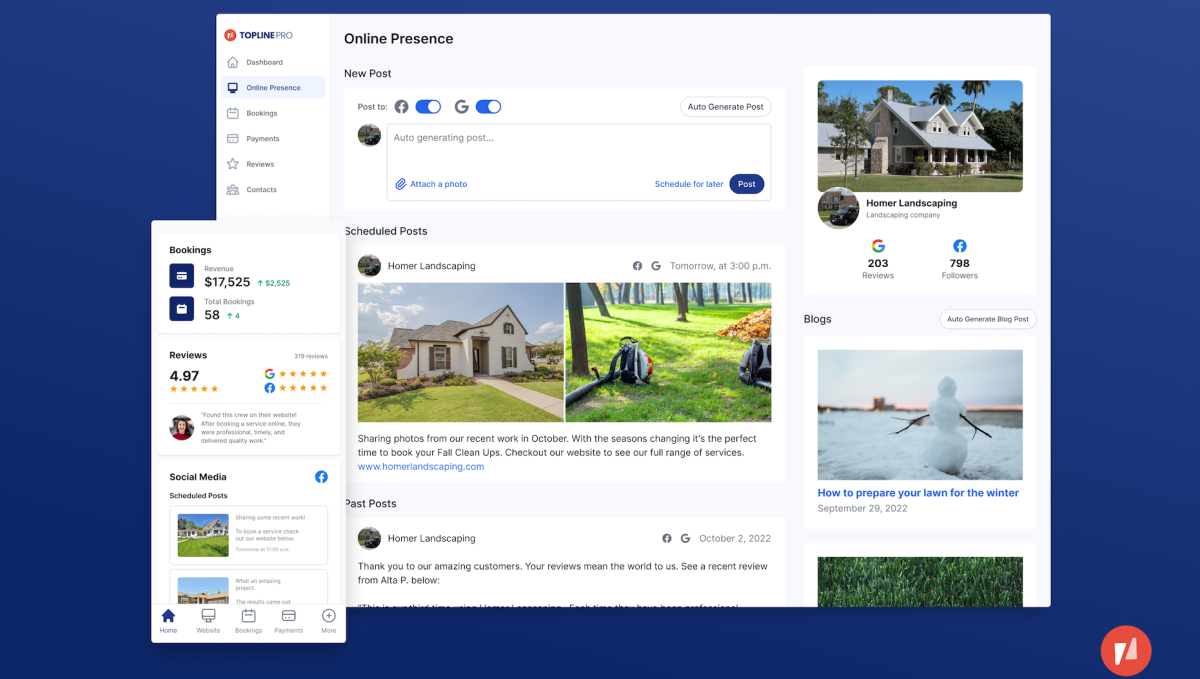Inefficiencies have marred Nigeria’s rental system for years, thus affecting how landlords and renters transact. Most landlords collect rent one to two years upfront, while renters struggle to find apartments as they deal with uncharitable agents. Several proptech startups are addressing such problems by providing better options to both stakeholders. One such platform is Lagos-based SmallSmall which gives renters access to monthly rent payments and offers landlords a way to vet tenants, increase their income and manage properties. The platform is announcing that it has raised $3 million ($2 million equity and $1 million debt) in seed funding, money it plans to use for expansion into other main cities in Nigeria, including Port Harcourt, Enugu, and Jos, before the end of Q1 2023. Tunde Balogun co-founded the startup, formerly RentSmallSmall, with Naomi Olaghere and Pidah Tnadah in 2018 after returning to Nigeria from the U.K. and finding it tough to get an apartment where he could pay monthly. CEO Balogun told ZebethMedia in an interview that this experience pushed him to research how to create solutions for the market and upon conversations with landlords, he soon discovered that doing so was a two-way street. “We started by understanding the pain points of landlords. Even though they collected rent one year upfront, the default rate of the yearly system is very high because when people’s finances take a hit, they might not be able to pay subsequent rent,” he said. “The legal process of evicting tenants where they’ll have to wait six to 12 months is also not supportive of the landlords.” The chief executive argues that with Smallsmall’s monthly model, landlords can speed up that process pending when they give notice. But that’s only part of the package to them. SmallSmall also lets landlords access quality tenants and curb defaults by receiving monthly payments where they receive extra margins of about 10-15%, Balogun added. For tenants, it’s the comfort of managing their finances better by paying monthly rent and the respite that comes with not transacting with housing agents that SmallSmall provides. Balogun also mentioned that when customers pay their rent on time, they build their credit profiles on the platform, allowing them to access financing should they sometimes default. Some of SmallSmall’s competitors include Spleet, Kwaba and Muster. “Our market is for young professionals with an average age of around 28 years. It’s a huge market,” said the CEO on the potential of monthly rentals in Nigeria. “We surveyed almost 3,000 people last year in Lagos, which showed that 80% of them wanted to pay their rent monthly. So that tells you how much adoption the monthly space would have if the markets eventually opened up.” Demand and supply rarely converge in Nigeria’s real estate proptech market in that there’s a housing deficit where demand dramatically outstrips supply; it also doesn’t help that house prices and inflation keep rising simultaneously. SmallSmall, for instance, has had over 476,000 people register on its platform since 2018. While 80,000 of that number are on its waiting list, the company has only served almost 1,500 people. “That shows how huge demand is, relative to the supply, which is very slim,” Balogun added. SmallSmall founders (L-R: Pidah Tnadah, Tunde Balogun and Naomi Olaghere). To increase the supply pool and create options for customers, Smallsmall rebranded from RentSmallSmall in July. The latter is now one of three product lines, including BuySmallSmall and StaySmallSmall. RentSmallSmall allows users to rent housing and pay monthly. BuySmallSmall identifies newly built properties by reputable developers that meet the company’s market demand: studio apartments, one-bedroom, and two-bedroom apartments — and packages them as investment opportunities for young professionals looking to invest in real estate. When purchased, these owners turn to landlords and list their properties on RentSmallSmall so they can earn passive income when other users pay rent. StaySmallSmall, on the other hand, lets users book furnished bed spaces starting at $4 per night. “Supply was our bottleneck in a way, and we needed to be able to control quality because many properties were in bad shape. We also wanted to provide a channel where customers can invest in real estate and work toward owning homes,” said the chief executive about the BuySmallSmall product, which is based on the platform’s proprietary data. “We’re encouraging young people to own homes and invest in properties by paying as little as 20% down payment while we help them finance the remaining. That’s one of the reasons we raise debt financing.” SmallSmall participated in the Techstars Toronto Accelerator Program in 2021 and was the first African proptech startup to get into the program, receiving $120,000 as part of its pre-seed round. Sunil Sharma, the managing director of Techstars, speaking on the investment, said, “Techstars Toronto was proud to be an early investor in SmallSmall as we saw enormous inefficiencies in the experience that renters face when getting accommodation in Africa. With the early traction and multi-aspect business model, Techstars decided to make a follow-on investment and join the latest funding round.” The seed round welcomed participation from other investors like Oyster VC, Asymmetry Ventures, Vivaz, and Niche Capital. Meanwhile, individual angels such as Sean Fannan of Chartboost, Adam Meghji of Universe, Jimmy Ku of Flutterwave, Samir Goel and Wemimo Abbey of Esusu, Jason Njoku of Iroko and Tunde Kara of Vendease participated. SmallSmall has processed over 25,000 monthly stays across Lagos and Abuja, meaning a typical SmallSmall user stays an average of 17 months on the platform. The proptech claims to have had less than a 7% rent default rate, saving property owners over $1.5 million in damages and tenants over $1.2 million in broker fees. Having generated over $5 million in its first three years and turning a profit last year, SmallSmall wants to use this new investment to support its vision of “providing flexible, quality housing solutions and financing to intending home buyers.” In addition, the startup will continue building its technology and partnerships with landlords, developers, property and asset managers, and other









